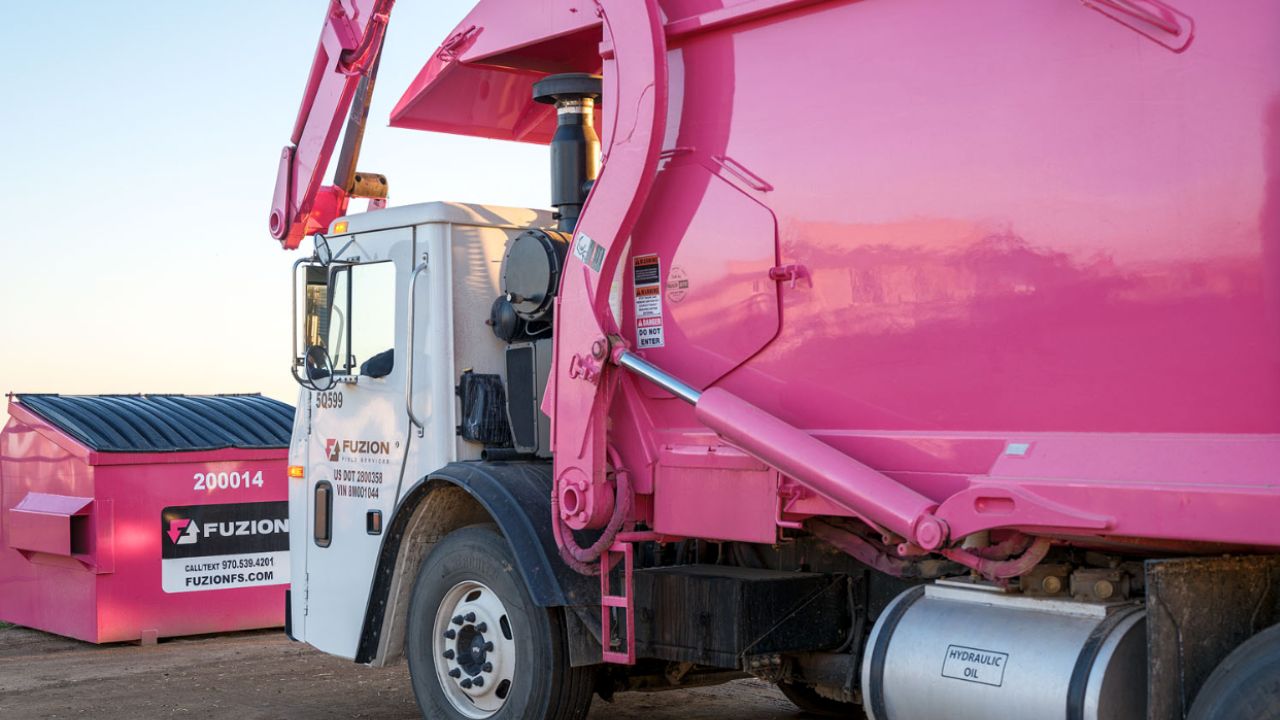Effective Strategies for Industrial Recycling Programs
- Blog
Industrial recycling programs help companies cut waste, meet environmental goals, and run more efficiently. As more industries work to improve sustainability, having a recycling plan in place makes good business sense. These programs don’t just help the planet—they often save money and make daily operations smoother.
Enhancing Scrap Metal Recycling Efficiency
Scrap metal recycling is a practical way for companies to reduce waste and recover value. By collecting, sorting, and reselling materials like steel, aluminum, copper, and brass, businesses can cut down on landfill use and bring in extra income. These metals are widely used in industries like construction, manufacturing, and automotive, so they’re always in demand.
A solid recycling program also helps lower disposal fees and reduce the need for mining new materials. It’s a smart step toward using resources more responsibly.
Tailored Waste Management and Recycling Integration
The best way to start a recycling program is by figuring out what kind of waste your company creates. A waste audit helps identify what materials are being thrown away and what can be reused or recycled. This step is especially useful for companies with a lot of metal scraps, packaging, or leftover materials from production.
Developing Effective Waste Management Plans
After identifying what can be recycled, companies need a plan. A good plan includes steps for sorting materials, setting up labeled bins, and working with recycling providers. This kind of setup helps make sure waste is handled properly from the start to the final pickup.
Integrating Recycling Programs Into Operations
For a recycling program to work, it has to be part of the daily routine. That means having recycling stations in the right places and making sure employees know what goes where. A bit of training and some clear signs go a long way in making recycling a habit across the company. When done consistently, these small steps add up—helping the company cut back on waste and reduce its overall carbon footprint.
Optimizing Corporate Recycling Programs for Sustainability
Businesses like offices, stores, and warehouses produce a lot of recyclables—from paper and plastic to electronics and shipping materials. Setting up a system to handle this waste helps reduce costs and supports the company’s bigger environmental goals.
Customizing Corporate Recycling Programs
Recycling needs to match the type of business. Offices often focus on recycling paper and electronics. Retail stores may deal more with packaging. Customizing the program makes it easier for employees to follow and helps reduce mistakes like putting the wrong items in bins.
Industry-Specific Solutions for Corporate Recycling
Each industry has different needs when it comes to recycling. Offices might need help managing e-waste and paper, while retailers need solutions for cardboard and packaging. Creating a program that fits the type of business makes recycling more effective.
Benefits of Corporate Recycling Programs
Recycling can lead to more than just lower disposal costs. Many companies qualify for environmental certifications like LEED or ISO 14001, which can improve their image. A strong recycling program also shows customers and partners that the company takes sustainability seriously.
The Importance of Recycling in Manufacturing
Manufacturing businesses generate a lot of waste—especially metal scraps and packaging. Companies in construction, auto manufacturing, and metalworking benefit from having a plan to collect and reuse these materials. This helps control costs and keeps more materials in use instead of in the landfill.
Maximizing Recycling Impact in Manufacturing
The best recycling programs in manufacturing are built around the materials being used. Sorting metals like steel or copper before they’re thrown away saves money and helps meet sustainability goals. The more efficient the process, the better the results.
Customizing Recycling Programs for Manufacturing Industries
Recycling systems in manufacturing need to fit the way each facility works. For example, a metal shop might need to separate different types of scrap, while a construction company could set up bins for concrete, wood, and other materials at job sites. This keeps waste organized and easier to reuse or recycle.
Industry-Specific Recycling Solutions

Different industries focus on different materials. A car manufacturer might recycle plastic and rubber, while a construction firm deals more with wood and cement. Tailoring the recycling process to the actual waste makes the program more useful and cost-effective.
Benefits of Industry-Specific Recycling Programs
When a recycling program is built for the specific work a company does, it usually saves more money, meets environmental rules more easily, and runs more smoothly. These programs can also help businesses qualify for green incentives or certifications, which can boost their reputation and bottom line.
Engaging Employees and Partnering with Recycling Services
Employees play a big role in whether a recycling program works. Training people on what to recycle, placing reminders around work areas, and offering small rewards for participation can all help build habits. A team that’s on board makes a program stronger and more consistent.
Collaborating with Recycling Partners
Working with the right recycling companies makes a big difference. These partners can help with things like e-waste pickup, scrap metal collection, and safe disposal of hazardous materials. Good partners make sure everything is handled properly and follows regulations.
Fuzion Field Services: Enhance Your Industrial Recycling Programs
Fuzion Field Services helps companies build recycling programs that fit their operations. With experience in scrap metal and full-service waste management, they provide hands-on support to help reduce costs and meet environmental goals. Contact us today for more information.